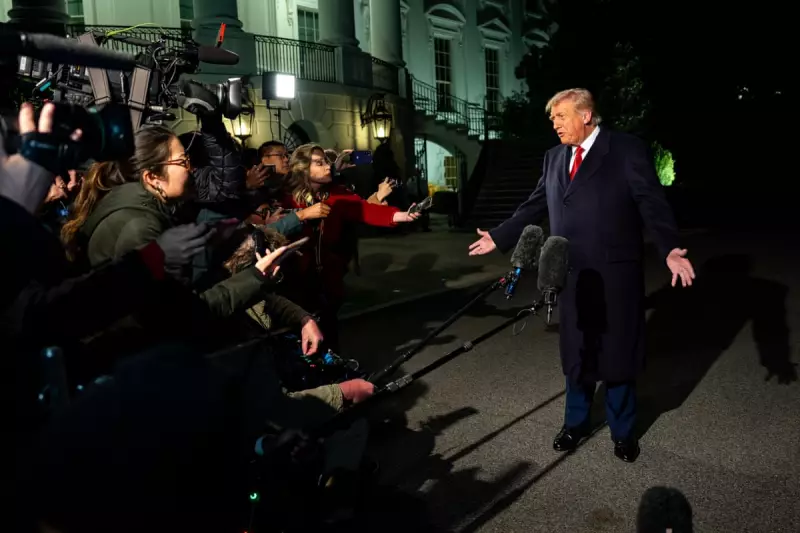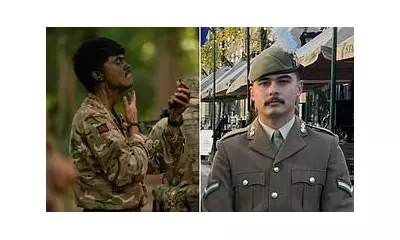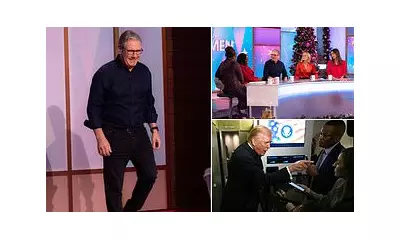
In a development that has sent shockwaves through media circles worldwide, Donald Trump has dramatically escalated his war of words against journalists mere hours after securing the Republican presidential nomination. The former president's return to labelling the press as 'the enemy of the people' marks a dangerous escalation in rhetoric that threatens the very foundations of democratic discourse.
A Chilling Déjà Vu for Press Freedom
This isn't the first time Trump has employed such inflammatory language, but the timing and context give it renewed significance. His victory speech contained what many are describing as a deliberate and calculated attack on institutional journalism, coming at a moment when his political influence is peaking.
The phrase 'enemy of the people' carries particularly dark historical connotations, echoing language used by totalitarian regimes to justify the suppression of dissent. Its reappearance in mainstream Western politics represents a worrying normalisation of rhetoric that was once considered beyond the pale.
Why This Matters Beyond American Shores
While this is fundamentally an American story, the implications ripple far beyond US borders:
- Global democratic norms face erosion when world leaders attack independent media
- UK journalists covering US politics may face increased hostility and security concerns
- The international precedent set by such rhetoric empowers autocrats worldwide
- Public trust in journalism everywhere comes under renewed pressure
The Broader Pattern of Media Hostility
This latest outburst fits into a broader pattern that has characterised Trump's relationship with the press since his first presidential campaign. The systematic labelling of unfavourable coverage as 'fake news' and the regular attacks on specific journalists and outlets have created an environment where physical threats against reporters have become increasingly common.
Media freedom organisations have documented a sharp rise in harassment and violence against journalists in the United States since 2016, with many perpetrators explicitly referencing Trump's rhetoric to justify their actions.
What Comes Next for Press Freedom?
As Trump moves closer to potentially returning to the White House, journalists and media organisations face critical questions about how to cover a figure who routinely questions their right to exist. The balancing act between holding power to account and avoiding amplification of dangerous rhetoric has never been more challenging.
Many press freedom advocates argue that the international community, including British media and political leaders, must speak out clearly against such attacks before they become further normalised in global political discourse.
The health of democracies on both sides of the Atlantic may depend on how effectively societies can push back against this alarming trend and reaffirm the essential role of a free press in holding power accountable.





